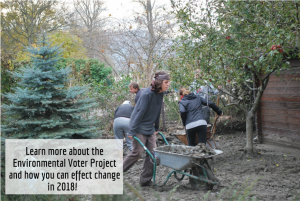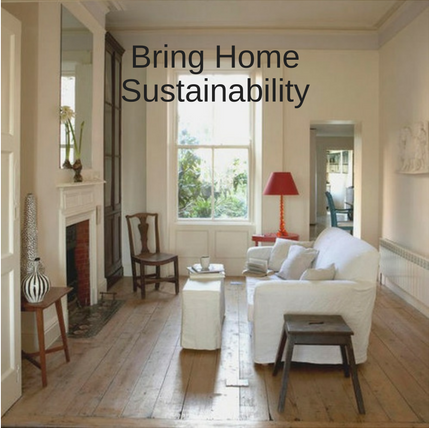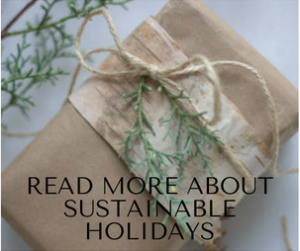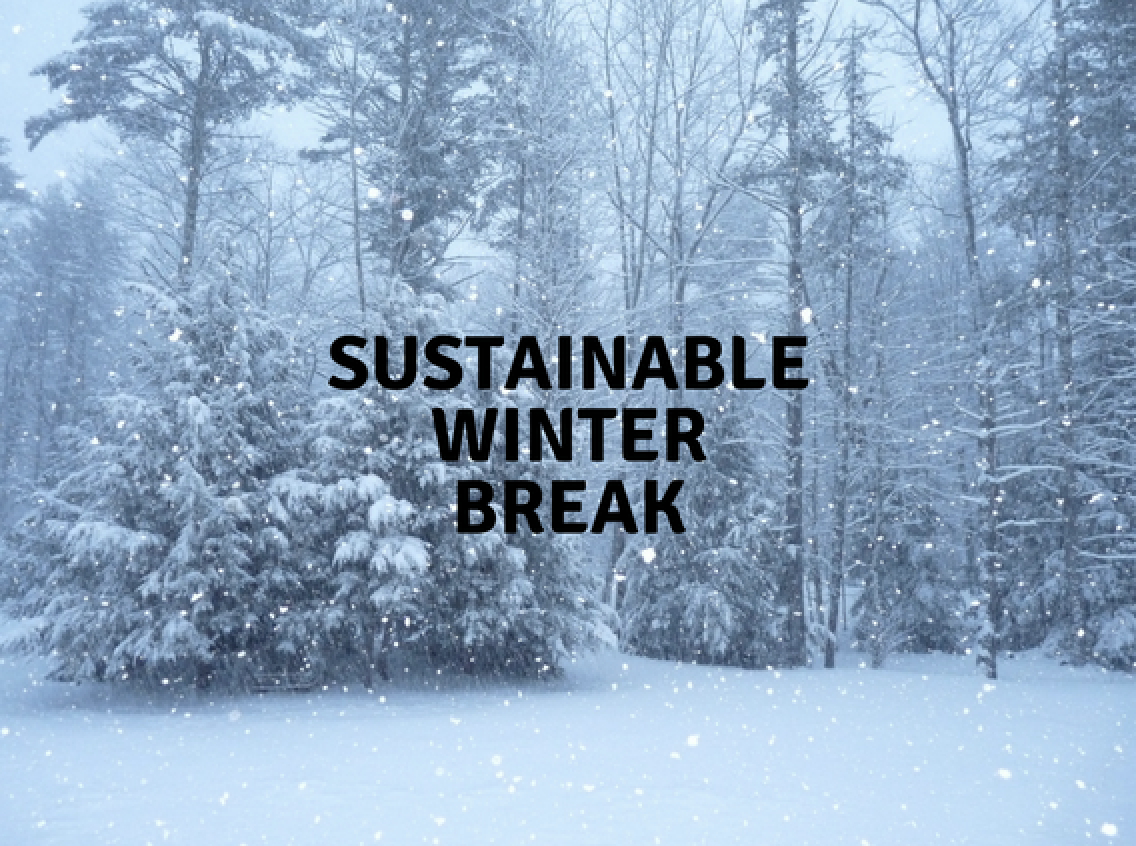Session Summary:
During our first meeting, we discussed the history of the Eco-Ambassador program and the role of Eco-Ambassadors, as well as the definition and meaning of “sustainability.” We also went through an overview of sustainability at Tufts and the goals for water, waste, and energy and emissions set forth in the Campus Sustainability Council Report. We then discussed waste and recycling at Tufts. To round out the day, we talked about behavior change and the steps to creating a Community-Based Social Marketing plan, followed by an overview of climate change, its impacts, and how it will specifically impact the Boston area.
Assignments for next week:
- Do your personal behavior change challenge! We will report back to each other about how it went.
- Introduce yourself as an Eco-Ambassador to your officemates, your department, etc. This can be informal in person, or maybe you want to do a cute email?
- Check that you have the proper Landfill and Mixed Recycling labels on your waste bins and that you have a blue lid on the recycling lid. Also, assess if you want a wall sign sticker to go above your waste bins. Please bring a list of what you need to next week’s session.
- Start brainstorming behavior change ideas for your office (some of you have some ideas already!)
Additional Resources
Sustainability at Tufts:
- Tufts Sustainability Timeline
- Tufts’ Sustainability Goals: View the 2-page Executive Summary or the full Campus Sustainability Council Report for information about Tufts’ goals for Waste, Water, and Energy & Emissions
- Tufts Campus Sustainability Progress Report (just published!)
- Tufts Climate Commitment (signed in April 2016)
Behavior Change:
- Community-Based Social Marketing: Environmental Psychologist Dr. Doug McKenzie-Mohr’s book(available online) provides an excellent overview of Community-Based Social Marketing that’s easy to read and is full of interesting case studies and anecdotes
- Additional behavior change articles & resources:
- The Secret to Turning Consumers Green(Wall Street Journal article about social norms)
- Research Into Motivating Prospectors, Settlers and Pioneers To Change Behaviours That Affect Climate Emissions(Research paper utilizing value modes)
- Why Isn’t the Brain Green?(New York Times article about sustainable behaviors)
- Tools of Change(A site with social marketing tools, case studies, and a planning guide)
Climate Change:
- Carbon Cycle: Information about the carbon cycle, carbon sources and sinks, and why it’s important from the National Oceanic and Atmospheric Administration(NOAA)
- Climate Change: Go here to see what info is remaining on the EPA’s website.
- Addressing Climate Change in Boston: The City of Boston’s Climate Action website has information about Boston’s climate action plan and the city’s progress toward meeting its emissions reduction goals
- The Impacts of Climate Change in the Northeast: The websites of the New England Aquarium, the Boston Harbor Association, and the Union of Concerned Scientists all contain information about the likely effects of climate change in the region
Waste & Recycling:
- To request a compost bin for your office or a trash or recycling bin, go here.
- Recycling at Tufts: Visit the recycling websitefor the latest recycling news or for a refresher about what’s recyclable, outdoor compost bin locations, and more!
- Freecycling: Sign up for the Tufts Freecycle Elist here.
- Requests: Request updated waste bins or labels with an online work order.
- Junk Mail: The University of Texas at Austin’s website has some good information about how to unsubscribe from unwanted mailing lists.
- Tufts’ Waste Management Contractor: Learn more about Republic Services
- Recycling in Massachusetts: Get useful tips for recycling at home and in your community at the MassRecyclewebsite
- Waste Disposal Bans in Massachusetts: Learn more at the MassDEP’s website
- Living a lower-waste lifestyle: Earth911has great information and resources about how you reduce, reuse, and recycle in your everyday life
Contacts
| Shoshana Blank
Education & Outreach Program Administrator (617)627-2973 |
Gretchen Carey
Recycling and Organics Coordinator RepublicServicesGCarey@republicservices.com (781)560-1412
|
Recycle (General) |






Find Us On Social Media!